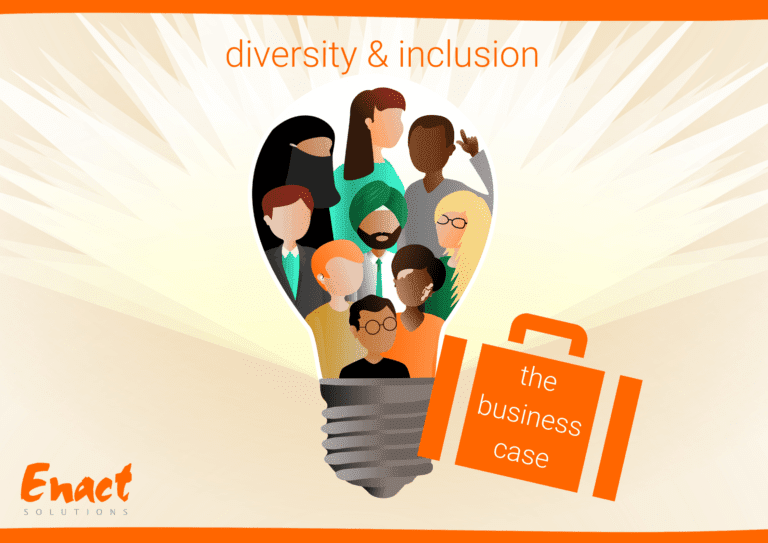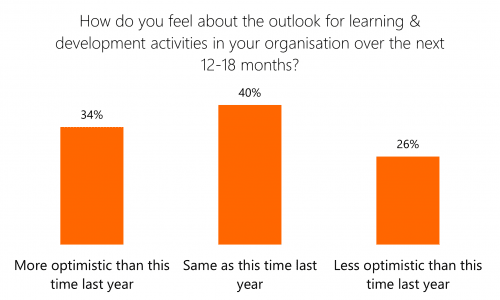 We’ve recently experienced a big increase in enquiries for our Bullying and Harassment awareness raising workshops. I don’t pretend to know what lies behind the change, but I do know that in drama we have a powerful tool to make real headway dealing with the issue.
We’ve recently experienced a big increase in enquiries for our Bullying and Harassment awareness raising workshops. I don’t pretend to know what lies behind the change, but I do know that in drama we have a powerful tool to make real headway dealing with the issue.
Uncomfortable truths
You might think a drama-based learning provider is a strange place to go to get to grips with a challenging cultural problem like this. But it makes perfect sense when you consider the mix of characters, perspectives, and all that messy human behaviour and interaction stuff that plays out daily in the workplace.
When things aren’t going well at work, every day is a kind of drama; one in which the ‘actors’ struggle to break free from the roles they’re playing. What we provide with our dramatised workshops is a mirror that reveals uncomfortable, but nevertheless vital truths that enable people to start to make a change.
All of which fits with John Kotter’s explanation of the change process as, put simply, people see something, then feel something, then change as a result. That’s exactly what we see happening in our Bullying and Harassment workshops.
A drama in three acts
At the start of our workshops, even before any dramatised material is presented, we ask delegates two questions. Using our electronic polling system, we ask them which of a range of negative behaviours they have witnessed or experienced at work in the last year. After reviewing the results, which typically reveal that many behaviours are more common than you might think, we then ask everybody which of those behaviours they themselves have demonstrated at some point in the same period.
I won’t deny it can be entertaining watching delegates squirm as they reflect on their own behaviours, but what happens next is telling. The results are always lower. It doesn’t matter who we’re delivering to; board members, senior leaders, managers, front line employees or mixed groups, I can guarantee many fewer delegates report having done any of the things listed.
Somewhat mischievously, we suggest that quite clearly most of the delegates in the room don’t need to be in the workshop. Then we ask them what else might lie behind this pattern of results. Eventually, someone always says words to the effect, ‘It’s easier to observe faults in others than it is in ourselves.’ This is undoubtedly true, and it’s an insight we build on.
Perspectives
Next typically (we design for each client so exact content varies) we invite delegates to watch a short dramatised scene in which they see a team member grabbing a moment with their line manager for a ‘quick word!’ On first viewing, delegates’ sympathies tend to be with the team member. What they’re asking seems reasonable and the manager’s reply is curt at best.
We then introduce delegates to the manager. They get to question them and learn a bit more about them. Having introduced some more context in this way, we revisit the dramatised scene again. But this time we show it more from the manager’s perspective. Same lines, but slightly different body language and inflections. The impact is striking and it’s amazing to process with the delegates how quickly you can have sympathy with another perspective.
This is how we gently introduce people to the notion, summed in Robert Evans’ quote, ‘There are three sides to every story: your side, my side, and the truth.’ Or as we adapt it for delegates, there’s my world, your world and the ‘real world’. The real world is where we put the audience next; they become the outside eye, able to appreciate both perspectives, at least to some degree!
Learning into action
In our final slice of dramatised action, we show delegates a scene in which the characters exhibit a range of inappropriate attitudes and behaviours. Then, using stop-start (forum) theatre, we get delegates to explore how to challenge inappropriate behaviours when they observe them, as a bystander. It’s a safe opportunity for them to take what they’ve learned about what constitutes negative behaviour and about the different perspectives that are at play, and practise interventions to make a positive difference.
To be clear, we’re not saying the perpetrator or recipient of unwanted attitudes or behaviours don’t have a responsibility to do something about it. But in this exercise, we want to explore why and how we can all play a part in maintaining an inclusive working environment. In fact, we typically frame this and other parts of the workshop in terms of the organisations stated core values and behaviours, where they have them, so they become more than simply ‘words on a piece of paper’ (as one delegate memorably called them).
The end
Of course, all of this doesn’t stop negative behaviour in its tracks overnight. And we are always very clear with clients that our Bullying and Harassment workshop should never be a replacement for taking appropriate action with known perpetrators. It does, however, as our evaluation results show, increase organisation-wide awareness of what exactly constitutes unacceptable attitudes and behaviours. It also boosts delegates’ confidence to do something about it when they come across it. All of which helps explain why nine out of ten delegates see the workshop as a worthwhile session to take part in.
So, sad as it is to see requests for help with bullying and harassment rising, it’s really good to know we have a tried and tested means to offer practical, effective support.
If you’re interested to know more about our approach, feel free to get in touch. I can fill in the details, and we have video material and evaluation results we can share. Also, it’s well worth keeping an eye on our Events page for opportunities to catch one of our showcases.



